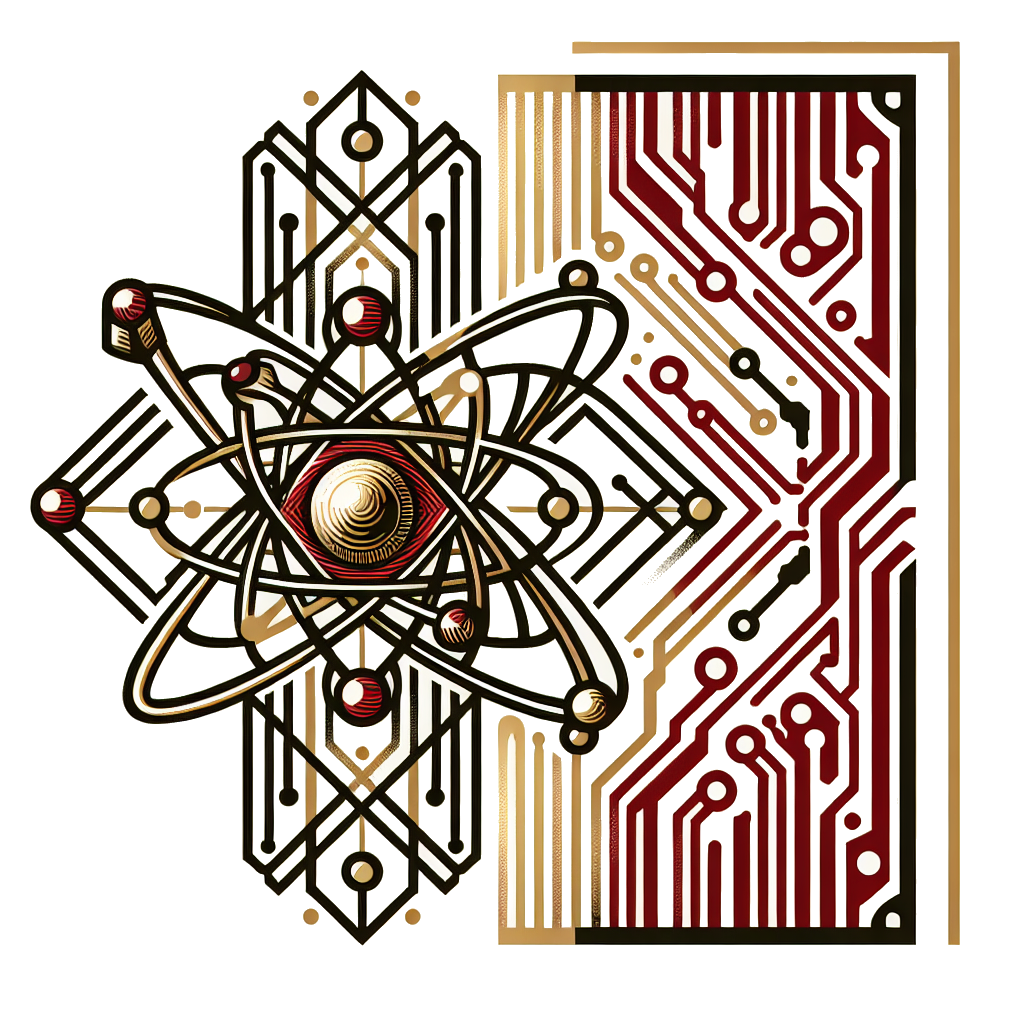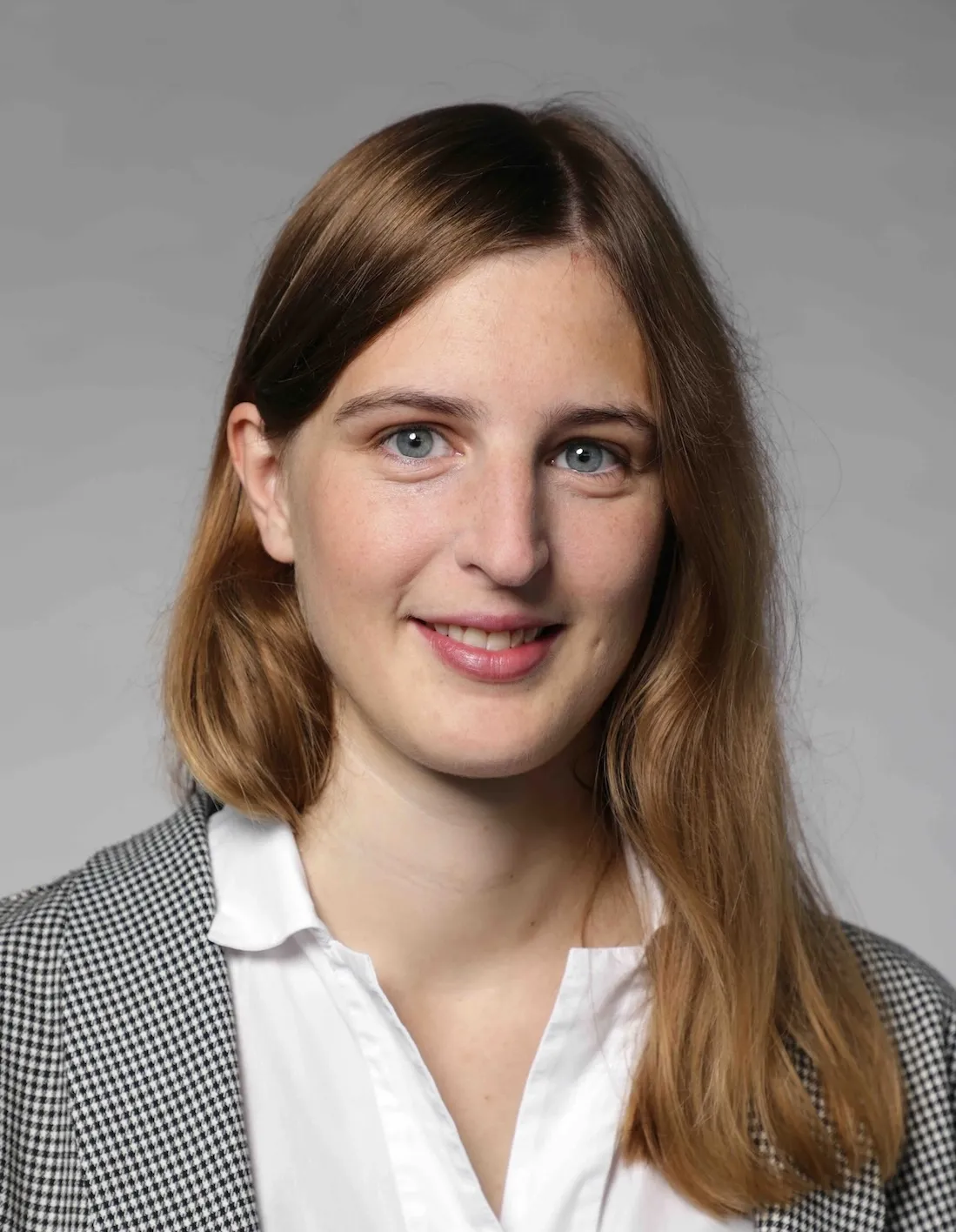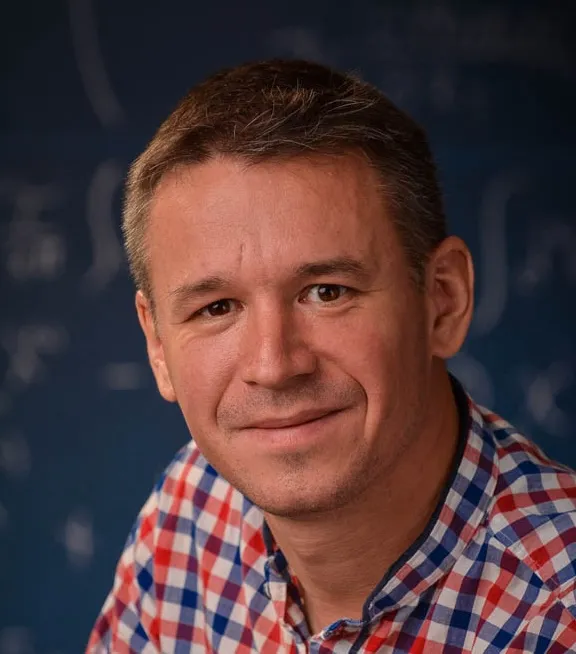
Given low-level theory and computationally-expensive simulation code, how can we model complex systems on a useful time scale?
Next: AI4X 2025 8 to 11 July 2025 in Singapore
The next big AI for science event in Singapore is the AI4X 2025 conference. Unlike the laser-focused workshop, it will cover all areas of AI for science (and finance). Discuss the future of the area with leading researchers from top universities and companies!
How it went at ICLR 2025
The first edition of the MLMP workshop was a great success! We had a fantastic lineup of speakers, which included a Nobel Prize winner, and a lively discussion. The workshop was well attended, with over 100 participants from various fields. 50 reviewers laboured tirelessly to choose 33 papers. We are also extremely proud of having upheld the highest standard for attendee experience: there were no Zoom or pre-recorded talks, some speakers flew to Singapore just to attend the MLMP workshop! Special mention goes to the luxurious Art Deco party; we don't have the data to prove, but this might have been the first ICLR event ever to have a dress code; in the words of an attendee "worlds apart from the [Mega large company]'s ICLR party"; courtesy of sponsorship by Constructor Tech.
The feedback we received was overwhelmingly positive, and we are excited to continue this conversation in the future. If you want to get involved, please subscribe and reach out to us!
Fundamental laws of Nature, Standard Model of Physics, and the most applied part of it, quantum mechanics, are well established. Theoretically, the dynamics of anything starting from a hydrogen atom and all the way to Earth's climate follow those equations. The problem is complexity [Dirac 1929]. An exact computation of a modest system containing 100 atoms is still beyond the capability of modern computers.
Some of the greatest scientific achievements resulted from breakthroughs in scale transitions: renormalization, density functional theory, Higgs boson, multiscale models for complex chemical systems, climate modeling, protein folding. Those achievements are highly regarded because they are impactful – but also unique and can't be readily applied to different systems.
Encouraged by the recent successes, this workshop aims to enable the development of universal AI methods that would be able to find efficient and accurate approximations, and use them for some of the most pressing and high-impact scientific problems that have computational complexity as the limiting factor to an in silico solution, such as:
- High-temperature superconductivity
- Fusion power
- Weather prediction
- Living organism digital twins
- Catalysts
If we solve scale transition, we solve science.
 Given low-level theory and computationally-expensive simulation code, how can we model complex systems on a useful time scale?
Given low-level theory and computationally-expensive simulation code, how can we model complex systems on a useful time scale?









